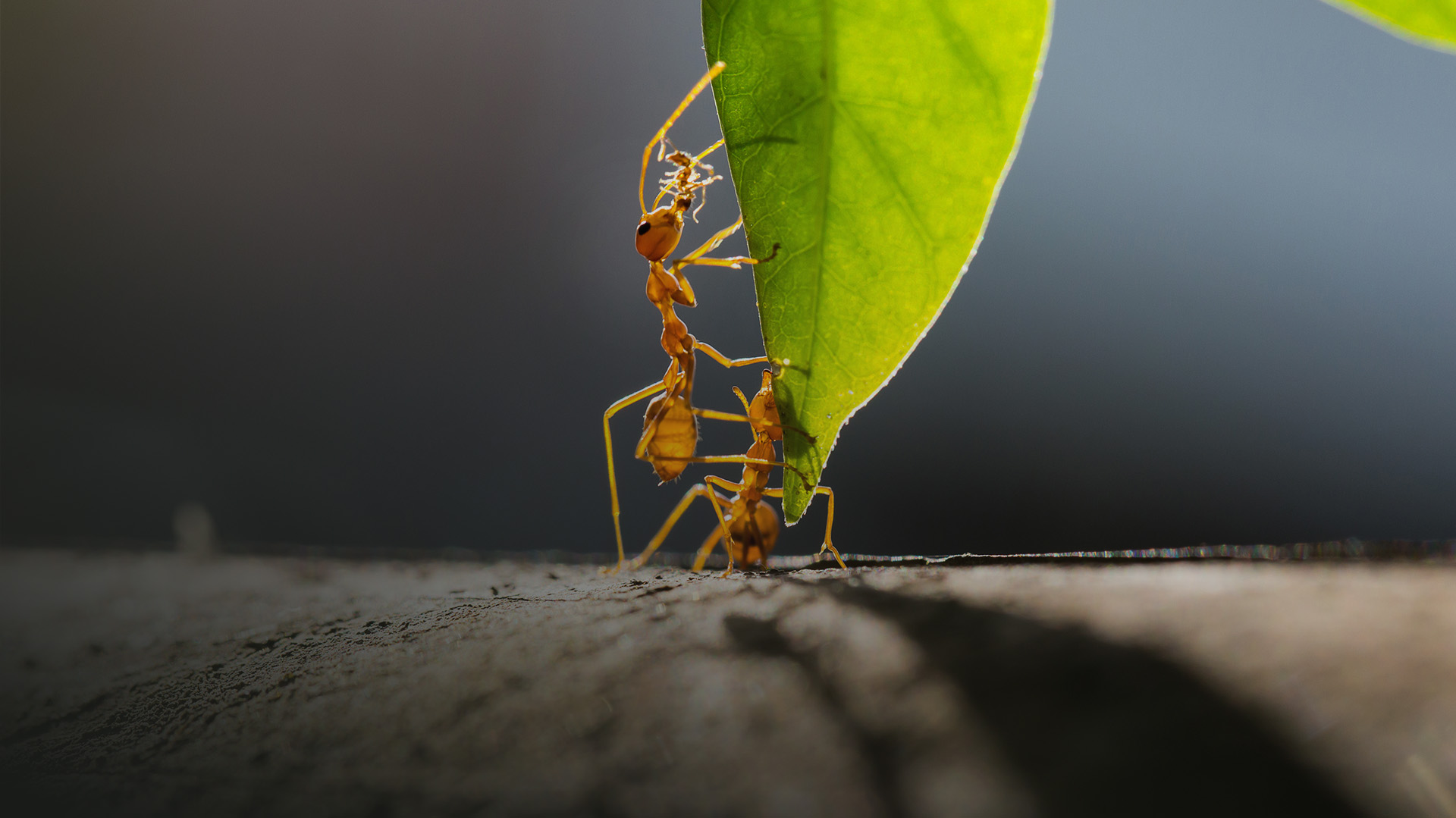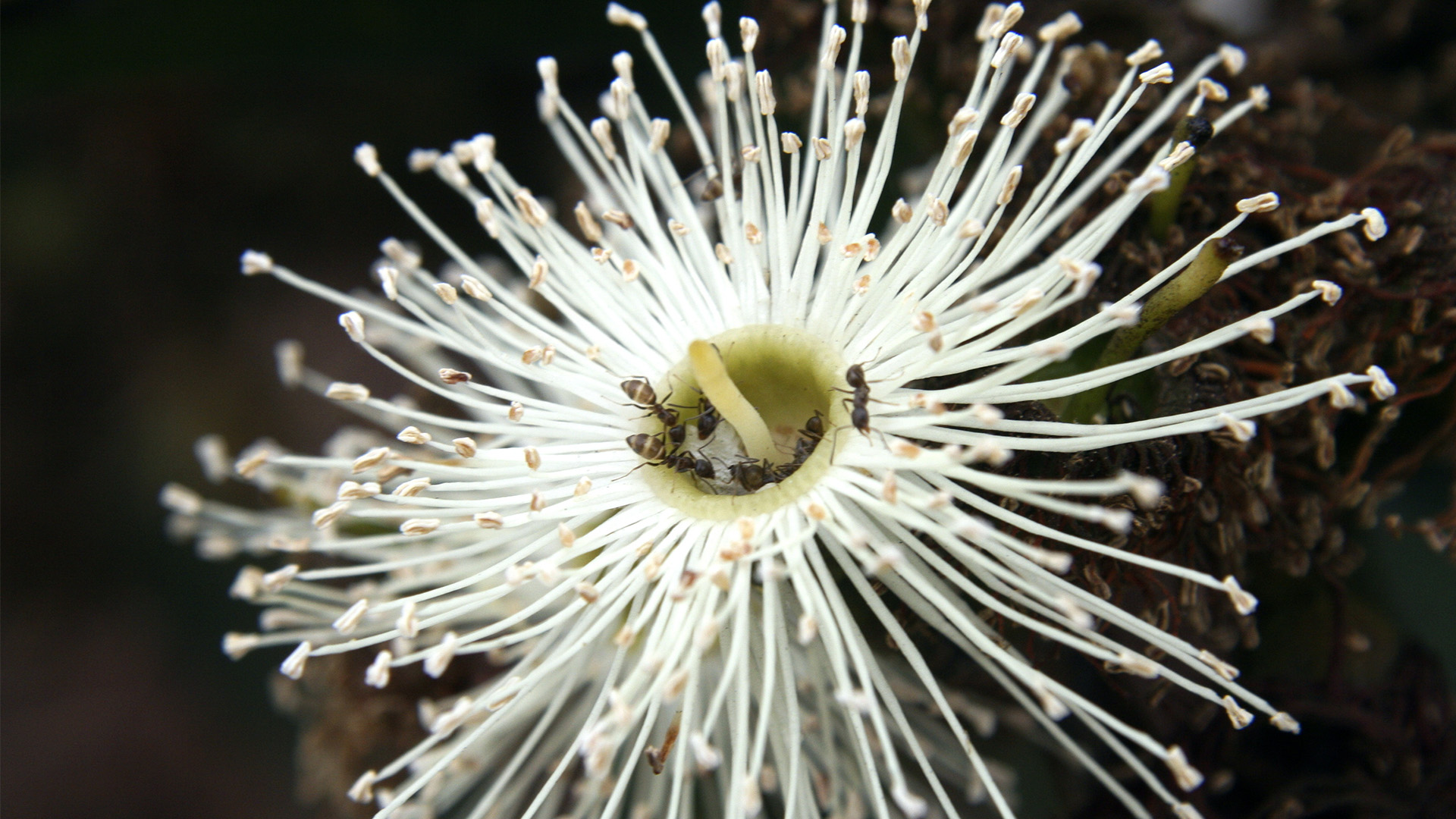They have been around since the Jurassic period and their number is estimated to be billions worldwide. In eucalyptus plantations, which are fairly common in Portugal, their functions are complex and diverse, influencing several aspects of biodiversity and forest health. Learn more about this small insect that may seem insignificant but plays a crucial role in the balance of ecosystems.
Highly social and smart, ants leave nothing to chance. Their entire existence and survival rely on a highly organised structure that, upon closer examination, appears surprisingly human.
There are many similarities: they move like an army, build cities, coordinate behaviours, split tasks, and cooperate among groups. They make war and simulate rebellions, enslave other species and destroy and consume resources indiscriminately, unfortunately, just like humans do. In addition, they cultivate fungi, produce “vaccines” and care for their children and the sick, in a world strangely similar to ours.
This fascinating but unknown society was extensively studied and documented by biologist and myrmecologist (ant expert) Susanne Foitzik in several studies compiled in the book “Empire of Ants: The Hidden World and Extraordinary Lives of Earth’s Tiny Conquerors”.
But ants’ remarkable feats are there in other aspects also, aside from its internal society structure. Ants are a fundamental component of biodiversity, assisting the functioning and balance of ecosystems. They revolve and aerate soils, allowing water and oxygen to reach the roots of plants and trees. They do composting and transport seeds. They are a vital part of this intricate and sensitive natural system.




